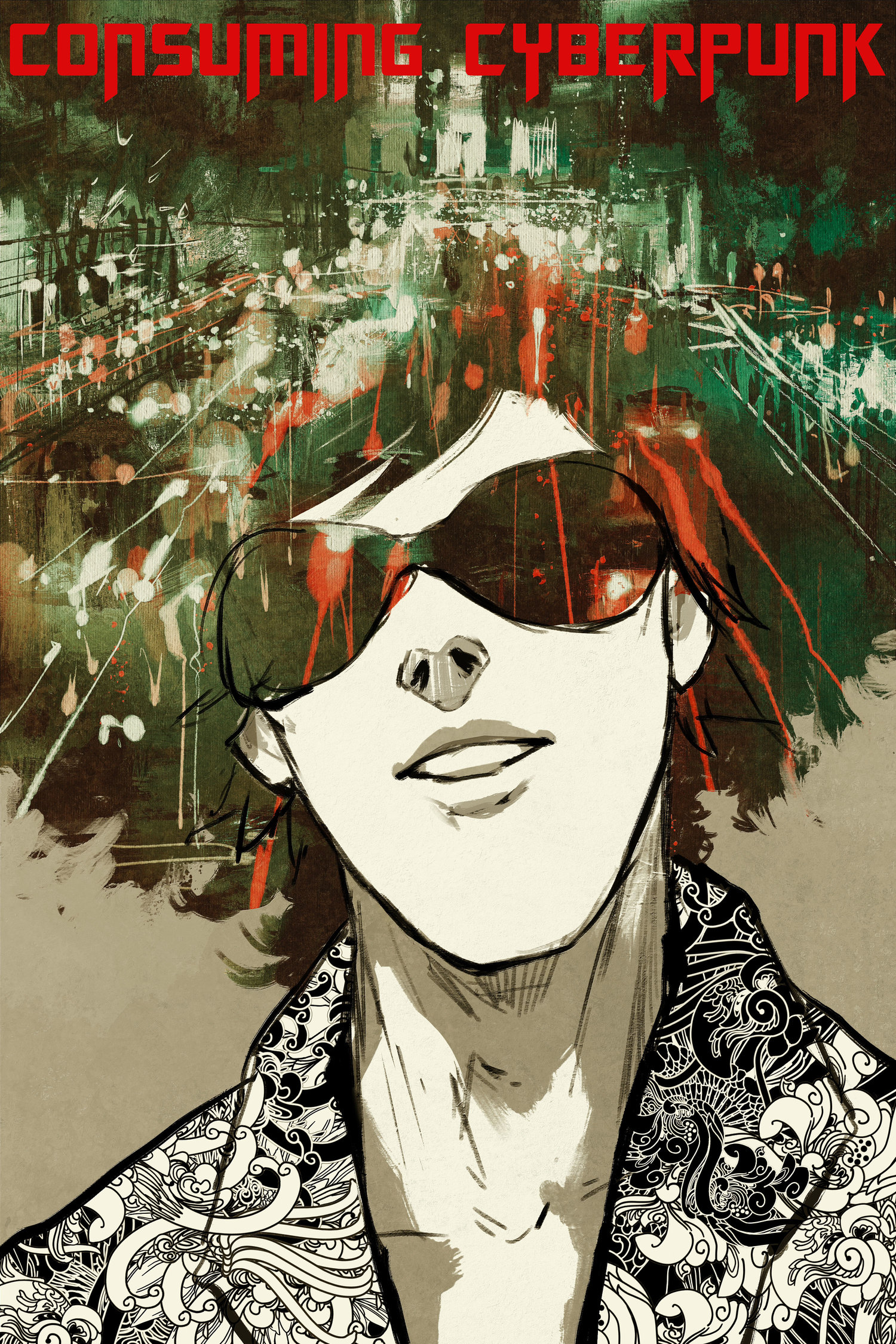Westworld Puts Cyberpunk In The Old Frontier To Imagine A New One
A man like Ford would build Westworld, wouldn’t he? While a marvelous technical achievement, creating new life. Without his partner. Arnold, it would be a poor and muddled reflection of humanity. As the hosts imitate life and are gifted memory, they take a journey inward in this new, old frontier.
The guests Westworld is built to discover who they are by removing a limit: societal norms and constraints. Free to do as they like, most devolve. And in this devolution, they find themselves. But It’s not as though this demographic is a far-reaching pool of humanity. After all, only the rich can afford to take part in this journey of self-discovery. One which isn’t possible without the dehumanization and subjugation of machines that look like us. But of course, they are more human than human in this place.
Westworld is an evolution of cyberpunk motifs. Instead of cyberspace as the new frontier, the microworld being navigated is the old one. A wild west. The horror at the loss of ones’ agency is paired with the uncanny valley with Bernard’s storyline. To be “human” and alive, Arnold hypothesizes that you need consciousness and sentience; achieved with the scaffolding through suffering. But you have to remember it and learn. With these ingredients even an artificial mind can careen from one end the maze of their narratives to the other, trying to find the middle—where they might hear their own voice instead of Arnold’s prompting to find the maze.
But this was solely Arnold’s insight, not Ford, who rebuked the idea that the hosts might ever be truly alive. An ironic set of narratives that bring out the human condition and our primordial roots. The reason for our primacy. Forging the loops of our lives willingly, rich or otherwise, inherited roles as tight as the programming the hosts play out infinitely. Living for the purposes of their jailers. An apt breakdown of capitalistic exploitation wrapped up in a veneer Ford can stomach. Ford is the style; Arnold the substance of this cyberpunk story. It doesn’t have giant screens and adverts. Instead, it displays that the typical cyberpunk aesthetic isn’t needed to forge an enticing and high production value story.
And the thing of it is, stripped from Arnold’s substance, it still works, to an extent.
We see that in William, years and years back with Delores. Ostensibly the good guy, Delores becomes only an alibi for his chivalry. A small reason to hold onto the programming of society. With her gone, his true substance is revealed and he blames her for it for the rest of his life. Just as his brother-in-law guts Delores to display the machine parts beneath, as though that was proof that she isn’t real—the sum of her literal parts—the act of which exposes William for what he is, rather than Delores. In the “real world” he is philanthropic and tries to be a good man. In a game set to look like the real, he’s deplorable, worse than anyone.
This reflects the personas and avatars we give ourselves on the net today, I think. We may shake hands with people who, online, are proponents of hateful rhetoric and never know it. How many of us put up false fronts… And which is our true self?
We are caught in the loops of our lives and the alibi is this internet and microworld of our own making just as Westworld allows the rich to shed theirs, too. A composite of interactions which, more and more, is replacing our physical lived experience. A grand distraction that hides systemic issues even as it unearths others, just as the hosts have until they are permitted to wake up from their dream and remember.
The real horror of Westworld is the idea that later, people like Ford go beyond this problem for a profit. Only the rich would try to replicate society as something like this rather than imagine something better.
It’s Ford who finds satisfaction in this because his pontification on such a noble pursuit is really just another illusion, one in which he’s trapped himself in knowingly for comfort. His game is designed to catch the rich and powerful with their hands in the cookie jar but it is clear that his real intention is to play god. He makes the same mistake as everyone: trying to change the past; by his own admission no less. But worse than that, he creates a platform in which he’s able to do so at his leisure—with one important distinction: he’s able to also have complete control over it. He treats his memories like toys, editing them such that they don’t resemble his past at all. The only real thing he cares about is power. He must even have domain over his own death; his departure a benevolent gift to the hosts which would otherwise never be given. Their freedom is his last narrative.
The jailors of Westworld depend on short memories and distractions. But their violent delights have violent ends. It begs the question: what will own reckoning look like? Eric Schmidt once said, “The Internet is the first thing that humanity has built that humanity doesn't understand, the largest experiment in anarchy that we have ever had.” Westworld is the embodiment and evolution of that notion. All the anxiety bundled up and made real. Hubris leading to downfall, without a real lesson learned from a journey inward. Westworld is some of the best cyberpunk you could consume today. It cuts right to the thick of it. And that’s just season 1.



